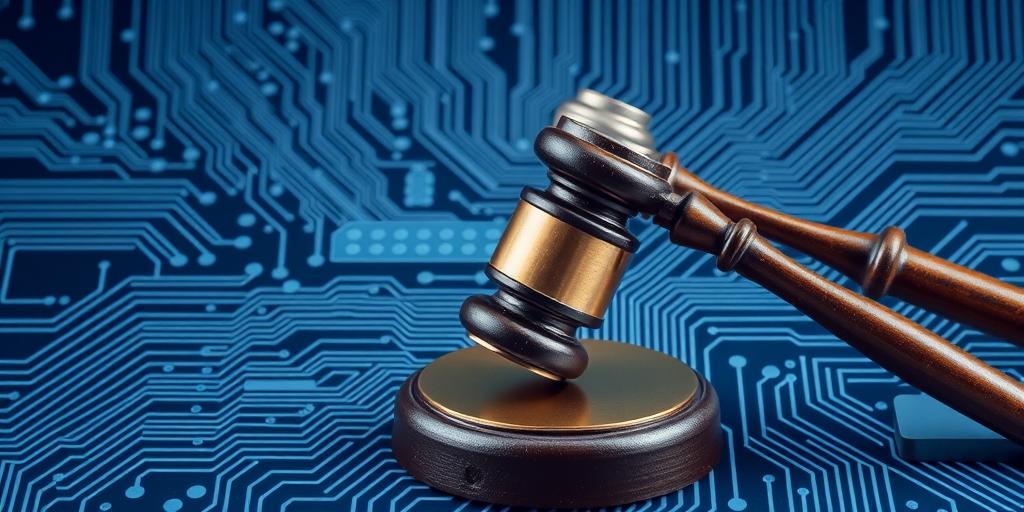Big Tech Under Fire: Antitrust and Regulation Debates
The landscape of Big Tech is increasingly defined by intense scrutiny and growing calls for stricter regulation. Antitrust concerns and debates over the appropriate level of oversight have placed companies like Google, Apple, Facebook (Meta), and Amazon under immense pressure. This post explores the key issues at stake, the arguments from both sides, and potential outcomes for the tech industry.
Antitrust Concerns
At the heart of the debate are antitrust concerns, which allege that dominant tech companies are using their market power to stifle competition, suppress innovation, and harm consumers. Specific allegations include:
- Monopolization: Accusations that companies leverage their control over key markets to exclude rivals or acquire potential competitors.
- Anti-competitive Practices: Concerns over practices such as self-preferencing, predatory pricing, and exclusionary agreements that hinder smaller businesses.
- Data Dominance: Arguments that vast troves of user data provide an insurmountable advantage, reinforcing market dominance.
Regulatory Debates
The regulatory debates center on how best to address these concerns. Proposed measures include:
- Antitrust Enforcement: Stricter enforcement of existing antitrust laws, including more aggressive investigation and prosecution of anti-competitive conduct.
- Data Privacy Regulations: Comprehensive data privacy laws to give consumers more control over their data and limit how tech companies can use it.
- Platform Accountability: Regulations to hold platforms accountable for the content they host, including measures to combat misinformation, hate speech, and illegal activities.
- Interoperability Requirements: Mandates that large platforms allow their services to interoperate with those of smaller competitors, promoting competition and consumer choice.
Arguments From Both Sides
Proponents of stricter regulation argue:
- Innovation: That unchecked market power stifles innovation by discouraging new entrants and limiting investment in emerging technologies.
- Consumer Welfare: That dominant firms can exploit their market position to raise prices, reduce quality, or limit consumer choice.
- Democracy: That the concentration of power in the hands of a few tech giants poses a threat to democratic values and institutions.
Opponents of stricter regulation argue:
- Innovation: That heavy-handed regulation could stifle innovation by imposing burdensome compliance costs and creating uncertainty.
- Economic Growth: That the tech industry is a major driver of economic growth and job creation, and that regulation could harm its competitiveness.
- Unintended Consequences: That regulatory interventions could have unintended consequences, such as reducing the availability of free services or limiting consumer choice.
Potential Outcomes
The debates surrounding Big Tech regulation are ongoing, and the potential outcomes are varied. Some possible scenarios include:
- Increased Antitrust Enforcement: More aggressive enforcement actions by regulatory agencies, leading to breakups, divestitures, or other remedies.
- New Regulations: The passage of new laws and regulations governing data privacy, platform accountability, and other issues.
- International Cooperation: Greater cooperation among regulators around the world to address the global challenges posed by Big Tech.
- Industry Self-Regulation: Efforts by tech companies to address concerns proactively, such as by adopting stricter data privacy policies or investing in content moderation.
Conclusion
The debate over Big Tech regulation is complex and multifaceted, with significant implications for the future of the tech industry and the broader economy. As policymakers grapple with these challenges, it is essential to strike a balance between promoting innovation, protecting consumers, and upholding democratic values. The outcome of these debates will shape the digital landscape for years to come.









